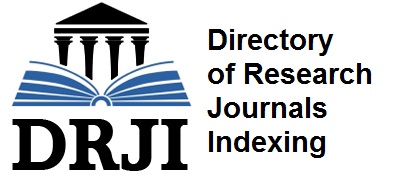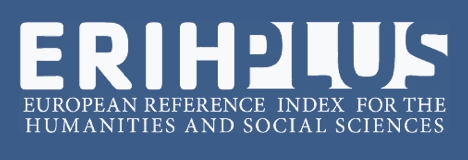La rete del micro-credito nella Calabria angioino-aragonese (secoli XIV-XV): fiducia e solidarietà sociale
The micro-credit network in Angevin-Aragonese Calabria (14th-15th centuries): trust and social solidarity
Abstract
Lending activity in Calabria seems to be structured more effectively in the aftermath of the great plague when phenomena of social solidarity began to occur thanks to the dense network of charity hatched by ecclesiastical institutions and the spread of public banks managed by Jewish communities. This did not, however, produce a significant improvement in the quality of life of the Calabrians because often ecclesiastical bodies and money changers adapted to the power systems of the landed aristocracies by exploiting the local populations with the tacit consent of a monarchy that favored them in tax exemptions, duty reliefs and privileges of a different nature. The complex articulation of the credit network in the Calabrian suburbs, then, in addition to demonstrating the decisive role played by feudal aristocracies and Jewish communities, very active in the field of trade, also documents the existence of a 'pious' network of solidarity and promoted citizenship by religious institutions that supported itself on credit and acted as a social safety net in an attempt to counter the spread of poverty and contrast the widespread social malaise that often resulted in episodes of violence.
L’attività creditizia in Calabria sembra strutturarsi, in modo più efficace, all’indomani della grande peste quando iniziarono a registrarsi fenomeni di solidarietà sociale grazie alla densa rete della carità ordita dalle istituzioni ecclesiastiche e alla diffusione dei banchi pubblici gestiti dalle comunità giudaiche. Ciò non produsse, però, un significativo miglioramento della qualità di vita dei calabresi perché spesso enti ecclesiastici e cambiatori si adeguarono ai sistemi di potere delle aristocrazie terriere sfruttando le popolazioni locali con il tacito consenso di una Monarchia che largheggiava a loro favore in esenzioni fiscali, franchigie daziarie e privilegi di diversa natura. La complessa articolazione della rete creditizia nella periferia calabrese, allora, oltre a dimostrare il decisivo ruolo svolto dalle aristocrazie feudali e dalle comunità giudaiche, molto attive nel campo dei commerci, documenta anche l’esistenza di una ‘pia’ rete di solidarietà e cittadinanza promossa dalle istituzioni religiose che si sosteneva sul credito e fungeva da ammortizzatore sociale nel tentativo di contrastare il dilagare della povertà e contrastare il diffuso malessere sociale che spesso sfociava in episodi di violenza.

This work is licensed under a Creative Commons Attribution-NonCommercial 4.0 International License.
Authors who publish with this Journal agree to the following terms:
Authors retain copyright and grant the Journal right of first publication with the work simultaneously licensed under a Creative Commons Attribution-NonCommercial 4.0 International License.
This Journal permits and encourages authors to post items submitted to the Journal on personal websites or institutional repositories both prior to and after publication, while providing bibliographic details that credit, if applicable, its publication in this Journal.

















